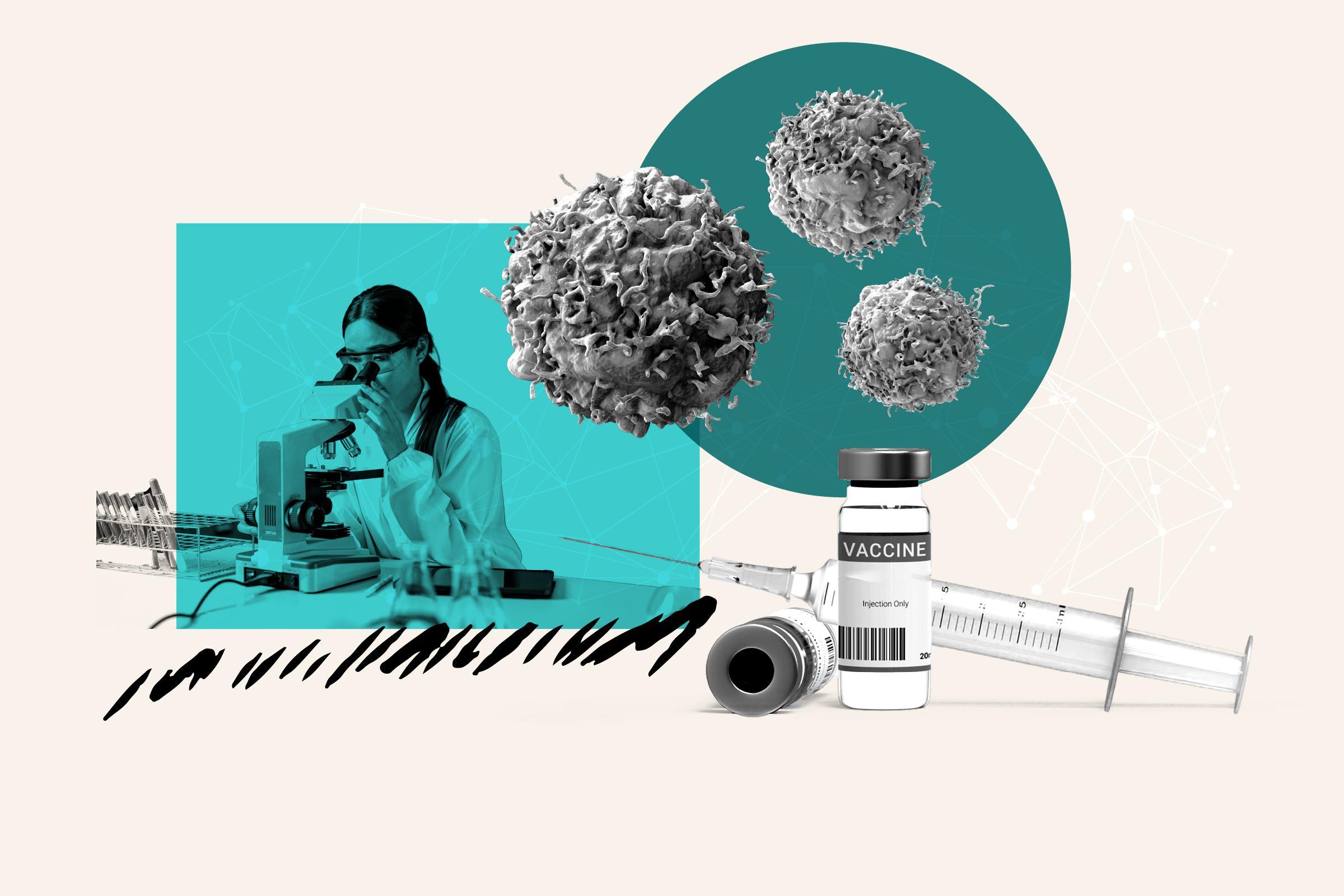Cancer Vaccine Breakthrough: Early Excitement Unveiled

Breakthrough in Cancer Vaccine Research
Researchers at the University of Florida are making significant progress in developing what they describe as a "universal" cancer vaccine, according to a study published in Nature Biomedical Engineering on July 18. This groundbreaking approach aims to activate the immune system to recognize and attack cancer cells, regardless of the type of cancer.
Dr. Elias Sayour, co-author of the study and director of the Pediatric Cancer Immunotherapy Initiative at the University of Florida, explained that the vaccine works by "waking up" the immune system against potential threats. He stated, "This approach can wake it up, restoring it in the fight against cancer." The vaccine is designed to train the immune system to identify and reject all forms of cancer, which could revolutionize treatment methods.
Sayour emphasized that the concept of this treatment is being explored in ongoing clinical trials. If successful, it could represent a completely new paradigm for treating all cancer patients. However, he acknowledged that the research is still in its early stages and requires further testing.
Understanding Cancer Vaccines
Most people think of vaccines as preventive measures, typically used to protect against infectious diseases. However, cancer vaccines differ in their purpose. While some are designed to prevent certain types of cancer, most focus on therapeutic applications—treating cancer after it has developed.
David Braun, a professor of medicine at Yale Cancer Center, noted that while there are efforts in the field of cancer vaccines, the majority of trials investigate therapeutic options. He explained that most cancer vaccines aim to direct the immune system to attack a patient's specific cancer, making it challenging to create a universal vaccine.
Braun highlighted the unique aspect of the University of Florida study, which proposes that the vaccination itself might stimulate the immune system to attack cancer, regardless of its target. He called the idea intriguing but stressed the need for careful clinical testing.
Implications for Cancer Treatment
In 2022, nearly 2 million new cancer cases were reported in the United States, with over 600,000 deaths attributed to cancer in 2023. Cancer remains the second leading cause of death in the U.S., accounting for almost 19% of all deaths in 2022.
Several cancer vaccines have been approved in the past, such as Provenge, used to treat advanced prostate cancer. Others, like Moderna's experimental mRNA-4157 vaccine, are currently undergoing clinical trials to prevent the recurrence of melanoma and lung cancer.
What makes the University of Florida study notable is its potential to develop a vaccine that could treat all types of cancer, rather than just specific ones. Hua Wang, a professor of materials science and engineering at the University of Illinois Urbana-Champaign, suggested that this strategy could serve as a promising neoadjuvant therapy before other treatments like checkpoint blockades.
Wang also emphasized the importance of personalized cancer vaccines, which may be more likely to succeed due to their higher specificity and reduced off-target effects. He believes that as more success is seen with personalized vaccines, confidence in cancer vaccines will grow, bringing the goal of a universal vaccine closer to reality.
Challenges in Development
Despite the promising nature of the study, several challenges remain. Wang pointed out that rigorous safety evaluations and optimization for therapeutic benefits are necessary before the strategy can move forward. He noted that the balance between therapeutic benefits and safety is a key issue in vaccine development.
Another challenge is the lack of resources and support for researchers conducting clinical trials on cancer vaccines. Wang added that very few researchers have the means to advance these trials, which could slow down progress.
Braun echoed similar concerns, stating that while cancer vaccines hold tremendous promise, there are many unanswered questions. These include identifying the best targets for vaccines, determining the most effective settings for their use, and deciding which other treatments should be combined with them.
He concluded that answering these questions and conducting definitive clinical studies will be crucial in proving the effectiveness of cancer vaccines in helping patients live longer.
Future Outlook
As research continues, the potential for a universal cancer vaccine remains a topic of great interest. While the path to development is long and complex, the progress made by the University of Florida team represents a significant step forward in the fight against cancer. With continued innovation and collaboration, the future of cancer treatment may soon see a major transformation.
Post a Comment for "Cancer Vaccine Breakthrough: Early Excitement Unveiled"
Post a Comment